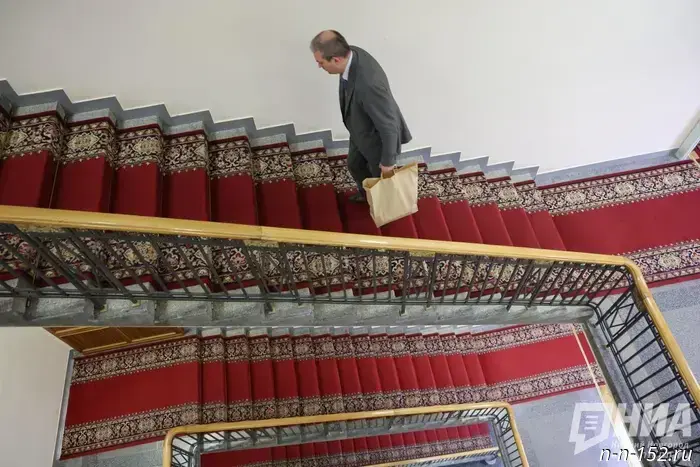
A Day in the State Duma: A Personal Perspective of a Nizhny Novgorod Journalist from the Corridors of Power
NIAN "Nizhny Novgorod" - Anastasia Nazarova
"That's not how I envisioned the work of a State Duma deputy...", — I thought as I exited the majestic building of the parliament on Okhotny Ryad. But let’s go in order...
This summer, I, the editor-in-chief of NIA "Nizhny Novgorod," had the opportunity to visit the State Duma to see how everything is arranged there. Of course, I did not miss the chance. One thing is to judge the activities of such an important state body from publications and TV reports by colleagues-federals, and quite another — to have a personal impression.
My colleague from the Nizhny Novgorod Regional Information Center and I arrived at the Duma early in the morning, since we were frightened by incredible queues at the entrance from the courtyard of journalists, public figures, officials, and all those who, for various reasons, needed to get inside (deputies are not on this list because, even in queues, they do not have to wait — they show their ID and calmly go in). But here, the law of Murphy played its part: we arrived well in advance, and the queue turned out to be not so long. It seemed great! We wouldn't die of heatstroke (that day, the weather in Belokamennaya cleared up to +36°C). But a few hours remained before the tour, and we horrified ourselves thinking about how to pass the time.
About ten minutes we stood in a spacious hall with columns, a map of Russia covering the entire wall, and a "photo zone" with the inscription "State Duma of the Russian Federation." Of course, a photo session was inevitable. That took another ten minutes. Essentially, that was the end of the interactive part. But then, fortunately for us, a familiar deputy appeared in the corridor, then another... These were Yuri Stankevich and Artyom Kavinov — our Nizhny Novgorod compatriots! We hurriedly went to greet them. Both, it seemed to us, were pleasantly surprised.
"Are you hungry? I want to have breakfast before the committee," asked Yuri Arkadyevich, deputy chairman of the State Duma Committee on Energy.
Whether we were hungry or not didn’t really matter. We didn’t even dream of entering the deputy dining room on a parliamentary session day because, without a parliamentarian, they simply do not let you in on such days. And here was such luck! So we headed into the sacred halls of the Duma. Not for the sake of filling our stomachs, but out of curiosity and the desire to gather interesting content.
As we anticipated, the menu there was very diverse — from shrimp carpaccio with peach and tuna tartare to chicken broth and simple Hercules porridge. Prices turned out to be quite democratic, and the interior was restrained.
"Girl, put away your phone. Photography is not allowed here," calmly and firmly requested a staff member of VIP catering, then led us to a table behind a screen.
"Probably, you want to bombard me with questions? Go ahead," said Stankevich with a smile, eating porridge with a sausage.
Life didn’t prepare us for the interview, so we had to improvise. We started with a rather provincial topic — talking about native Nizhny Novgorod. Are there favorite places in Nizhny for a deputy who was born in Saratov, and does he communicate with other deputies from the same region? It turned out that during regional weeks (when deputies visit their constituents), the parliamentarian has no time for walks or sights. At the end of a working day, there is only one desire — to land somewhere. For example, to do sports.
As for deputies from the Nizhny Novgorod region, there is no close friendship among them. Perhaps they just congratulate each other on holidays or meet at regional events.
"And overall, is the lower house of the Federal Assembly a united organism, or is it wolf to wolf?" I asked the politician. It’s worth reminding that nearly 450 deputies sit in parliament, representing the interests of 140 million people!
"To say that we operate as one team is not entirely correct. There are nuances. Everyone has their own position, shaped over the years. But on some issues, we manage to reach unity," my interlocutor replied.
We later observed these nuances at the energy committee meeting, to which Yuri Stankevich kindly took us. During a discussion on one of the issues, the deputies did not agree. "Why are you shutting me up?" one was outraged. "This is not a public hearing!" retorted another. Such things definitely won't make it to TV...
Then we had free time. We managed to independently examine the exposition on the first floor near the main entrance and the ceremonial staircase with a red carpet. Of interest — volumes of U.S. Congress hearings from the collections of the Parliamentary Library, damaged by bullets in the reading room on the 11th floor during the October events of 1993, a notebook of Communist Gennady Zyuganov, a director’s pipe of Stanislav Govorukhin, the former chair of the State Duma Culture Committee, archival photos of the 19th century, and much more. Just these stands could occupy half a day if studied carefully.
But then the tour started — a brisk "Europe trip." Up and down the stairs, along countless corridors — back and forth. Brief stops (mainly near air conditioners) — and onward.
After touring the building on Okhotny Ryad, we moved to the yard of the guarded complex of the State Duma buildings, where the Troekurov chambers — a three-story architectural monument from the 16th–17th centuries — are hidden from curious eyes. According to some, it’s the most beautiful building in Peter’s Moscow. For reference: since 2020, after restoration at the initiative of the State Duma speaker Vyacheslav Volodin, two committees — on international affairs and on CIS affairs — sit in the Troekurov chambers.
Later, we had a fleeting glimpse of a plenary session. The view of the vast hall with a high ceiling and hundreds of seats opened from the balcony, which was once meant for the press. Now tourists are allowed in for about 5-10 minutes. Filming, alas, is prohibited for security reasons. Why air conditioners or at least fans are not allowed remains a mystery to me.
"And how is discipline maintained in the Duma?" asked the Nizhny Novgorod journalists. It turned out that skipping plenary sessions is costly, especially if you sit in the front row opposite the rostrum (like Deputy Stankevich). Not showing up once without a valid reason results in a 15-20% deduction from the salary.
So, amid conversations, a small delegation from Nizhny Novgorod clocked more than 10,000 steps through the corridors of the Duma. Having seen the parliament’s work from the inside, I can confidently say: the State Duma is a place where carpaccio coexists with sausages, nuances with parliamentary regulations, where a deputy can joke over porridge and then argue with a colleague in the session hall half an hour later. Less glamor, more routine. Less pomp, more movement.
In short, everything is just like in everyday life.
Text: Anastasia Nazarova
Photos: Anastasia Nazarova, Alexander Volozhanin
NIA "Nizhny Novgorod" has a Telegram channel. Subscribe to stay updated on major events, exclusive materials, and operational information.
Copyright © 1999—2025 NIA "Nizhny Novgorod." When reprinting, a hyperlink to NIA "Nizhny Novgorod" is mandatory. This resource may contain materials 18+.














Другие Новости Нижнего (Н-Н-152)
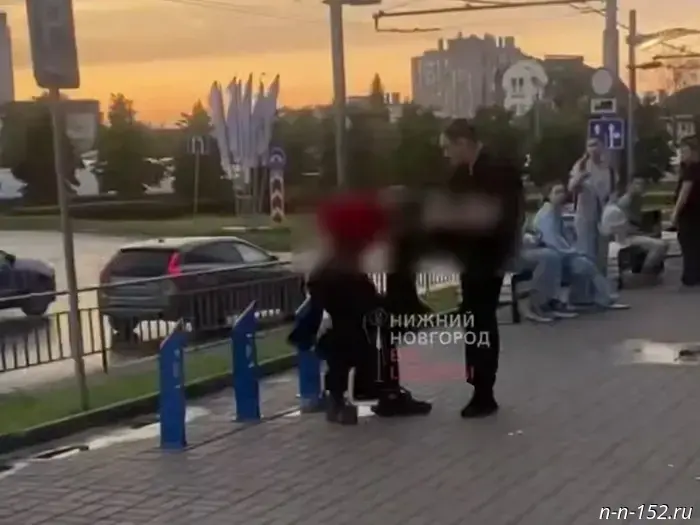 The SK and the prosecutor's office are interested in the fight of Nizhny Novgorod teenagers.
News of Nizhny Novgorod
The SK and the prosecutor's office are interested in the fight of Nizhny Novgorod teenagers.
News of Nizhny Novgorod
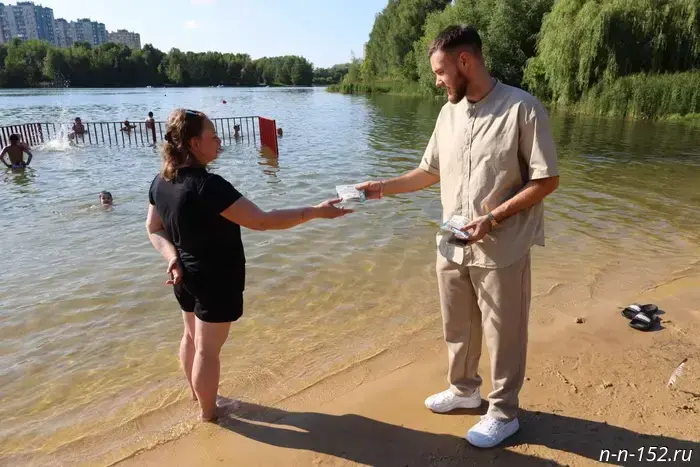 Safe water recreation: activists and supporters of "United Russia" conducted monitoring in the Avtozavodsky district
News of Nizhny Novgorod
Safe water recreation: activists and supporters of "United Russia" conducted monitoring in the Avtozavodsky district
News of Nizhny Novgorod
 Who is EDI suitable for: in which situations digital document management is an excellent choice
News of Nizhny Novgorod
Who is EDI suitable for: in which situations digital document management is an excellent choice
News of Nizhny Novgorod
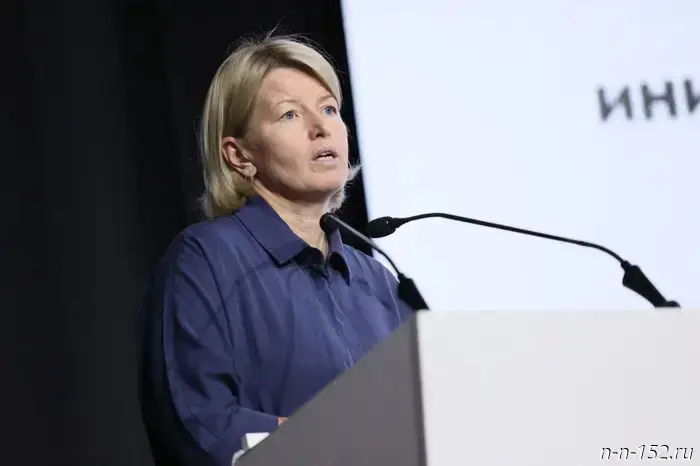 More than 250 dairy producers and processors participated in the interregional dairy forum in Nizhny Novgorod.
Photo: Nizhny Novgorod Fair
Over 250 milk producers and processors participated in the interregional dairy forum in Nizhny Novgorod. July 15, 2025. Government of Nizhny Novgorod Region. Nizhny Novgorod Region. Nizhny Novgorod.
More than 250 dairy producers and processors participated in the interregional dairy forum in Nizhny Novgorod.
Photo: Nizhny Novgorod Fair
Over 250 milk producers and processors participated in the interregional dairy forum in Nizhny Novgorod. July 15, 2025. Government of Nizhny Novgorod Region. Nizhny Novgorod Region. Nizhny Novgorod.
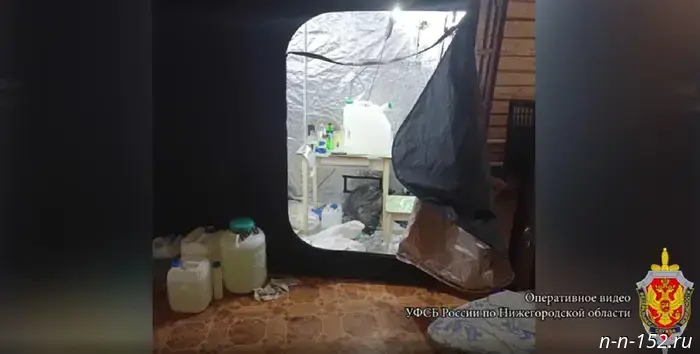 The FSB discovered an underground drug laboratory in the Nizhny Novgorod region.
Employees seized seven kilograms of drugs and 300 liters of chemical reagents
The FSB uncovered an underground drug laboratory in the Nizhny Novgorod region. 15.07.2025. Komsomolskaya Pravda. Nizhny Novgorod region. Nizhny Novgorod.
The FSB discovered an underground drug laboratory in the Nizhny Novgorod region.
Employees seized seven kilograms of drugs and 300 liters of chemical reagents
The FSB uncovered an underground drug laboratory in the Nizhny Novgorod region. 15.07.2025. Komsomolskaya Pravda. Nizhny Novgorod region. Nizhny Novgorod.
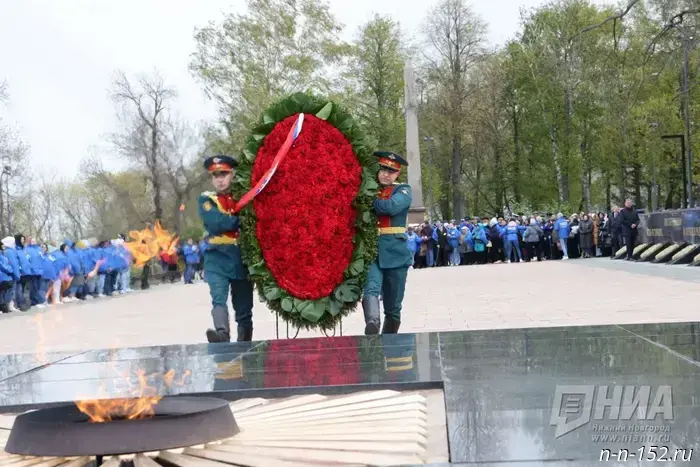 The State Duma passed laws on the protection of military memorials and religious beliefs.
News of Nizhny Novgorod
The State Duma passed laws on the protection of military memorials and religious beliefs.
News of Nizhny Novgorod
A Day in the State Duma: A Personal Perspective of a Nizhny Novgorod Journalist from the Corridors of Power
News of Nizhny Novgorod
